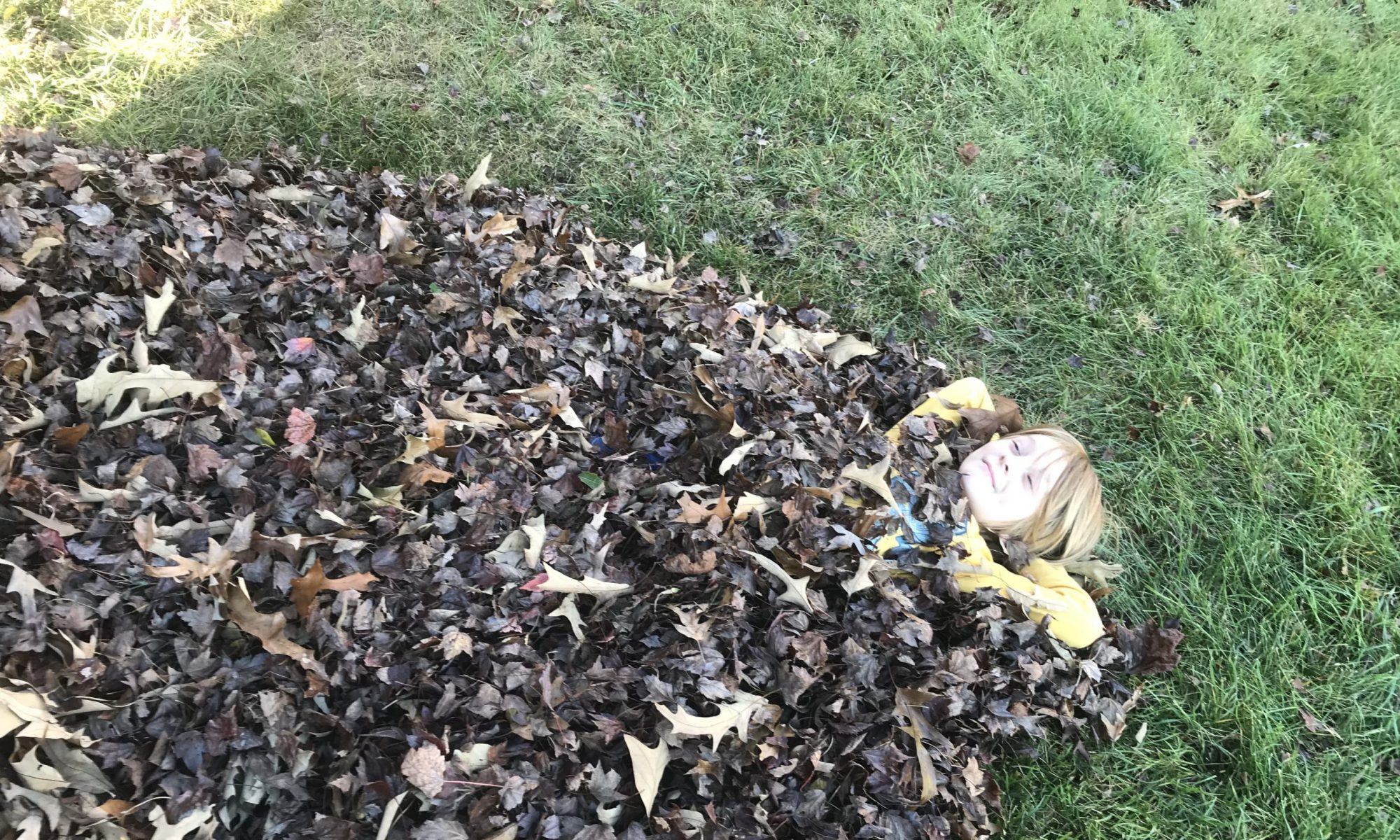
Last Friday morning I woke up under the blue and white checks of a four-posted canopy bed in a colonial tavern on Duke of Gloucester Street in Williamsburg. After several months jam-packed with volunteer activities, Dave and I were taking a well deserved getaway. When we booked our trip, we had no idea just how much we’d need to get away from.
It was a beautiful sunny crisp fall morning and the streets were quiet as we walked to the Governor’s Palace for the first tour of the day. There apparently wasn’t much interest in an early morning tour of the Palace because as it turned out, Dave and I were escorted privately through the reconstructed building by a very knowledgeable young man dressed in pale blue livery representing the colors of former Virginia colony governor Lord Dunmore. As we walked through the lavishly decorated rooms (by eighteenth century standards), our guide gave us an idea of what life was like in this colony over two hundred years ago.
One thing I learned on my tour of the Governor’s Palace was the in the first room we entered, right off the front door. It was the office of the Governor’s housekeeper. This person was a paid professional who was responsible for not only the running of the Governor’s home but also for all of his plantations in Virginia. Surprisingly this person was a woman. She held all the keys and managed the servants both freed and enslaved. For her time in history, this was a position of great power and responsibility. She would have enjoyed a great deal of freedom, as long was she wasn’t married.
It’s funny, but usually when I tour a historic home, I imagine myself living within its walls. This time, maybe because I received a sharp smack of reality earlier last week when the election results were announced, I instead pictured myself living a much different life in those times than that of a stately lady living in a fine house. To live in a fine home such as this or in most of the preserved homes in Colonial Williamsburg, a family had to be extremely prosperous, either as the result of status of birth or financial well-being. Having seen my family tree on Ancestry.com, it is evident that there was very little of either in my familial lineage. With this in mind, I began to ponder just where my loyalties would have fallen had I lived during the times leading up to the American Revolution.
If I’d been the wife of a farmer, as most of my ancestors seemed to have been, I suppose I would have been far too concentrated on keeping food on our table and clothes on our backs to worry about what kind of government we had. My reality would have been days of hard work followed by more days of hard work until I couldn’t work anymore. Life was tenuous at best. As a woman, I was certainly entitled to my opinion, provided I kept it to myself. And whether the country was ruled by a King or elected body, that wasn’t going to change. I rather think I would be more inclined to stick to the status quo. After all, why would I purposely risk what little security I had? For women of that time, there would be no representative government whatever the outcome of a revolution.
I wonder if women actually felt the lack of inclusion back then. Were there sparks dissatisfaction? History records there were great debates about freeing enslaved people at the time of the Declaration of Independence and again at the writing of the Constitution, but if there was any discussion of the equality of women at that time, it was apparently not worth remembering. To the people of that time, it would have probably been a laughable idea.
Today, it appears as though women have come a long way. We have had the right to vote for almost one hundred years and have just had a woman, backed by a major political party run for President. Some of the rhetoric and mud-slinging that took place during this election process has demonstrated just how much further women have to go to reach full equality because while many votes were cast for her opponent for reasons of policy disagreement, there appears to have been many man and women cast their votes against her simply because she was a woman.
I don’t know what it will take to reach full equality in the perception of the populace of this county. Certainly smarter and braver women than I have tried. My hope is that the dialog will continue. Who knows, maybe in 2020; the 100th anniversary of the 19th Amendment we’ll finally see a woman in the White House.
